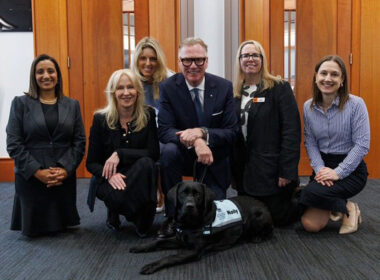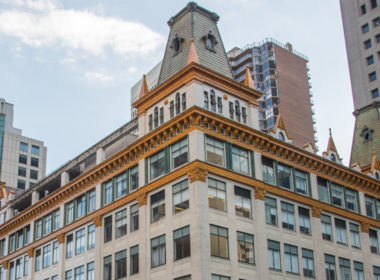“In our work, we constantly see Aboriginal kids and families targeted by oppressive tactics that drag children into the criminal justice system but don’t make our communities safer.”
The heads of two legal assistance organisations say the NSW Government is failing to take steps to reduce the proportion of Aboriginal people in prison, as new statistics reveal the over-representation is at an all-time record.
The Aboriginal Legal Service (NSW/ACT), and the Public Interest Advocacy Centre (PIAC), are ramping up their calls for reform to the way Aboriginal people are policed, in light of new figures released by the Bureau of Crime Statistics and Research (BOCSAR) showing the proportion of Aboriginal people in prison is the highest on record.
Aboriginal people made up 29.7 per cent of the adult prison population in NSW in February 2023.
Meanwhile, 56.7 per cent of imprisoned children in NSW are Aboriginal or Torres Strait Islander.
Jonathon Hunyor, CEO of PIAC, called the situation a “genuine crisis”, and said the numbers reflect the detrimental impact of over-policing of Aboriginal communities, particularly on children. Hunyor also said raising the age of criminal responsibility to at least 14 “will go part of the way” to addressing the crisis.
“In our work, we constantly see Aboriginal kids and families targeted by oppressive tactics that drag children into the criminal justice system but don’t make our communities safer,” he said.
“Young people are given onerous and unfair conditions to comply with, then locked up for minor breaches. One of our young clients was picked up three minutes after his curfew because he was waiting for a bus to take him home. Instead of letting him get home where he belongs, police sent him to detention.
“Children as young as 10 can be arrested and thrown in a police wagon, strip searched and held in remand at a detention centre. That causes significant harm.”
 Jonathon Hunyor, PIAC CEO
Jonathon Hunyor, PIAC CEO
The figures follow recent news that the ALS is facing an unprecedented funding crisis, forcing it to freeze criminal law services in some NSW courts.
Karly Warner, CEO of the ALS, said the legal assistance sector needs more secure funding to manage the workload crisis and ultimately drive down these numbers.
“Our communities are over-policed, over-charged, denied bail at higher rates, and vastly over-represented in prisons,” Warner said.
“This is tearing families apart, building on intergenerational trauma, and leaving loved ones in constant fear that their relative may be the next Aboriginal death in custody.
“The ALS has recently been forced to freeze our criminal law services in 13 Local Courts due to a workload crisis caused by inadequate government funding. At this time of record disproportionate imprisonment in NSW, our communities need more access to justice, not less.”
PIAC and the ALS noted that while the pandemic led to a significant decrease in the overall prison population, Aboriginal people are being sent to prison at “near record numbers”, despite the number of non-Indigenous prisoners remaining lower.
At the end of March 2023, there were 3,709 Aboriginal people in NSW prisons. This is the second highest monthly figure on record and just below the pre-COVID peak of 3,727 Aboriginal people in prison in February 2020.




